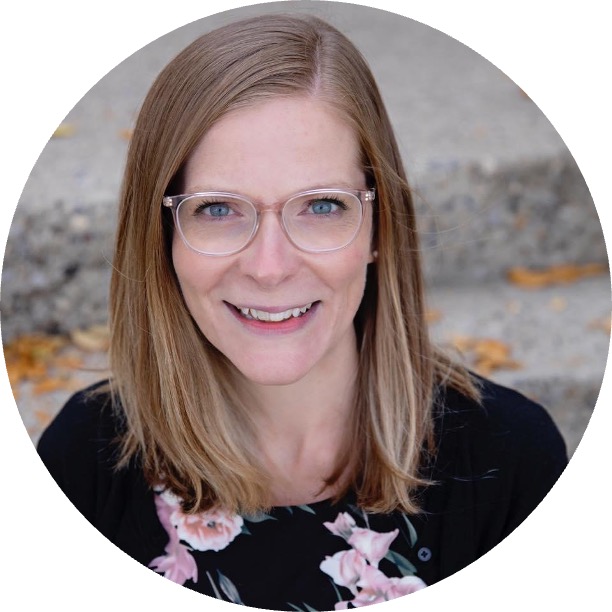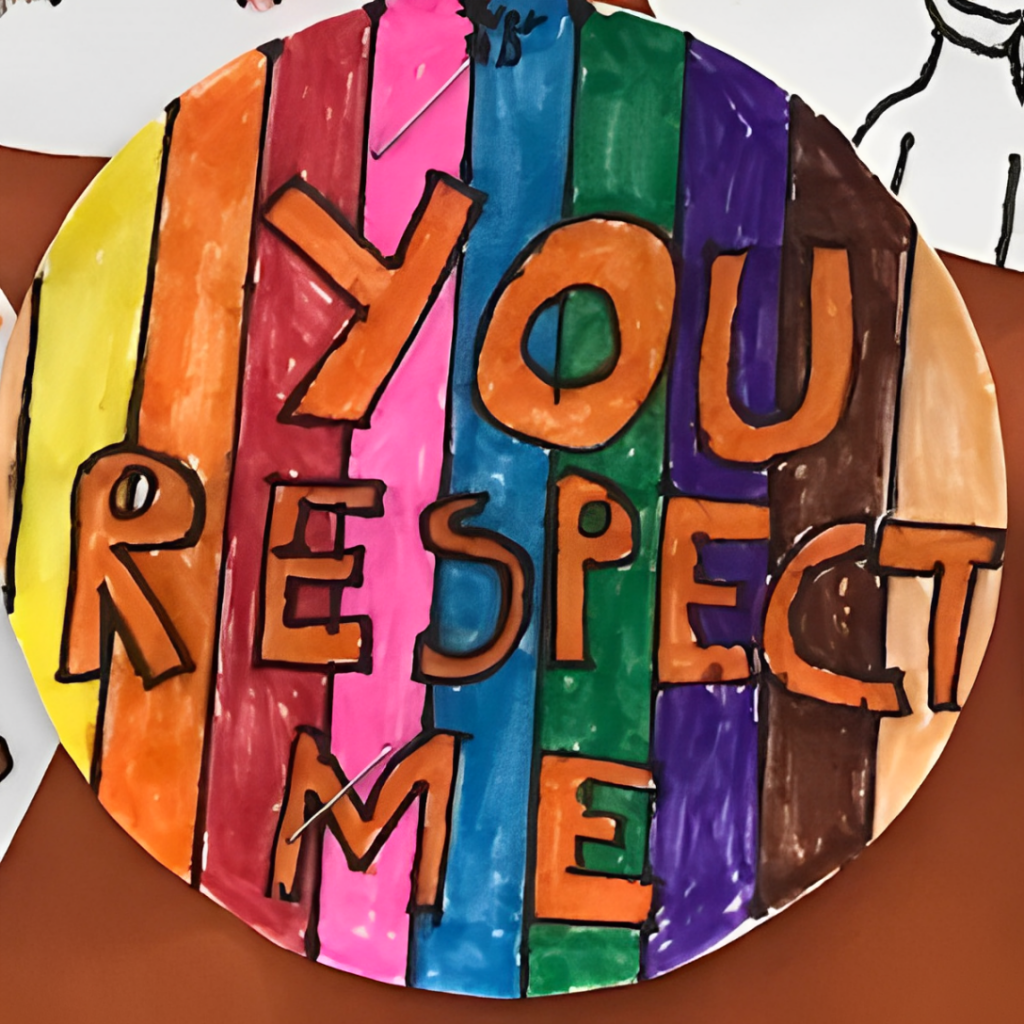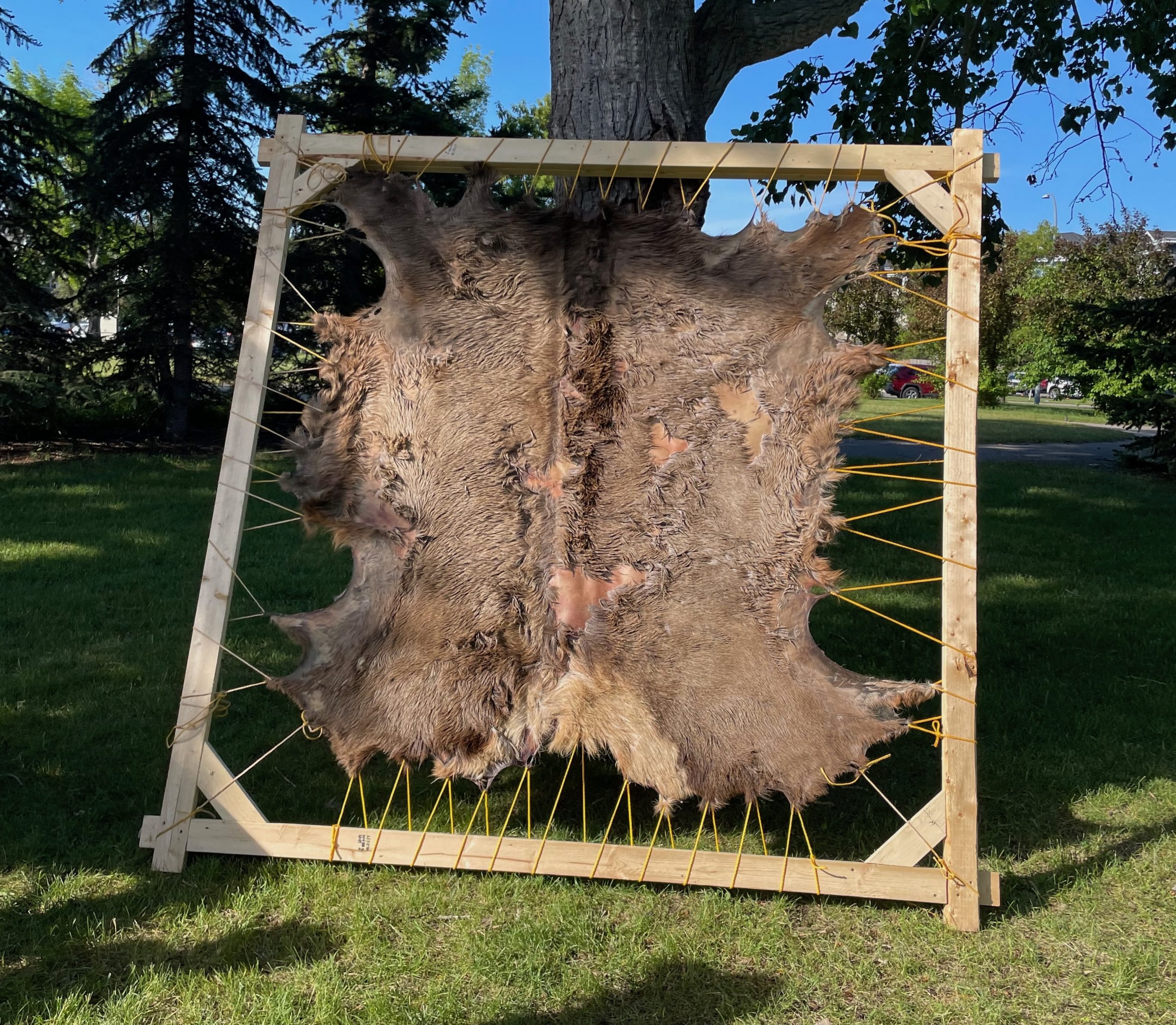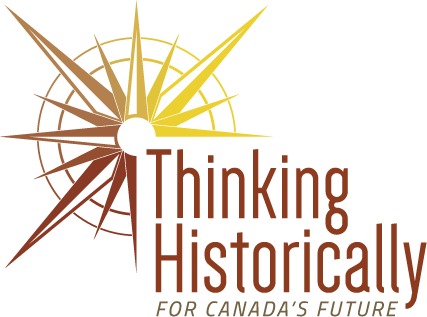Lindsey Bingley,
Learning Strategist; Elementary School Teacher
Lindsey Bingley taught grades 4-6 for over ten years and is now a Learning Strategist. As an elementary school teacher, Lindsey taught social studies as well as all other core subjects for her students. She has taught at Foothills Academy, a private school in Calgary, Alberta for the past three years. Although she no longer teaches social studies directly, she is a member of her school’s Education for Reconciliation Committee and helps to plan events, activities, and lessons throughout the school year for students from grades 3-12. All the students at Lindsey’s current school have learning difficulties and Individualized Program Plans (IPPs). In this specialized private school setting, Lindsey can adapt materials to best suit the needs of her students. Lindsey noted both the drawbacks and the benefits of teaching history in a “young” province like Alberta, which joined Confederation in 1905. Lindsey draws on the province’s rich Indigenous history as well as its settler history, and tries to find local artifacts to do so. While it can sometimes be challenging to find local artifacts in Alberta, Lindsey also finds it exciting to be a part of the history of a place that is still growing and developing its modern character.

Foothills Academy
Calgary, Alberta

Teaching & Learning
Lindsey does not shy away from teaching her students about difficult aspects of history.
As an upper elementary teacher, Lindsey wants her students to think critically about Canada’s history and their own identity within a settler nation, even at their young age.
Lindsey shared, “I usually start the year by telling them that if you’re not Indigenous, you’re not from this country originally. And they are often quite shocked or surprised by that, because they don’t think about it at age nine or 10.”
Lindsey also described ways in which she brings diverse narratives from throughout Canada’s history into her classroom. One important resource Lindsey has identified is a storybook about a Japanese-Canadian child experiencing racism and discrimination during World War 2.
By using this storybook, Lindsey’s students “learn that there are some really hard moments in Canadian history that we have to face up to. I think it also builds some context around talking about other hard moments in history, like residential schools, because they’re seeing the terrible things that happened to Indigenous people also happened to other visible minorities. The idea that we have in Canada, this image of this as a very friendly, neutral country is not always the case.”
Teaching difficult histories can be surprising for young students; however, Lindsey shared that she finds it important for students to learn about complex and less-than-ideal parts of history from a young age so they can grow into critical thinkers.

Indigenous Knowledges
Lindsey is thoughtful and deliberate about sharing Indigenous and Métis history and culture while teaching social studies in Alberta.
While Lindsey embeds Indigenous Knowledge into her classroom content, she prioritizes creating opportunities for her students to learn directly from Indigenous and Métis people as often as possible.
“I say to the kids, it’s important for Indigenous peoples and Métis peoples to have the opportunity to describe their own culture,” Lindsey explained. She continued, sharing that although it can sometimes be difficult to bring people and appropriate resources to her students, she tries to think carefully about her own role as a non-Indigenous teacher. Lindsey strives to find a balance between her instructional responsibilities and her desire to give her students “as much perspective from Indigenous and Métis peoples as possible.”
Lindsey recognizes that she will always have a degree of fear that she is not doing Indigenous history and culture justice. However, she does not let that hold her back from teaching an important area of Canadian history and knowledge.
“I’ve done a lot of professional development about Indigenous ways of knowing and I make sure to go out to the reserves and go on the land and talk to elders and other knowledge keepers. I want to make sure that I understand how to teach this properly, because I want to do it justice. Talking to people made me feel less afraid of doing it wrong. I keep learning because I don’t want to avoid teaching these things out of fear.”
Co-created by Lindsey Bingley and Abigail Smith
